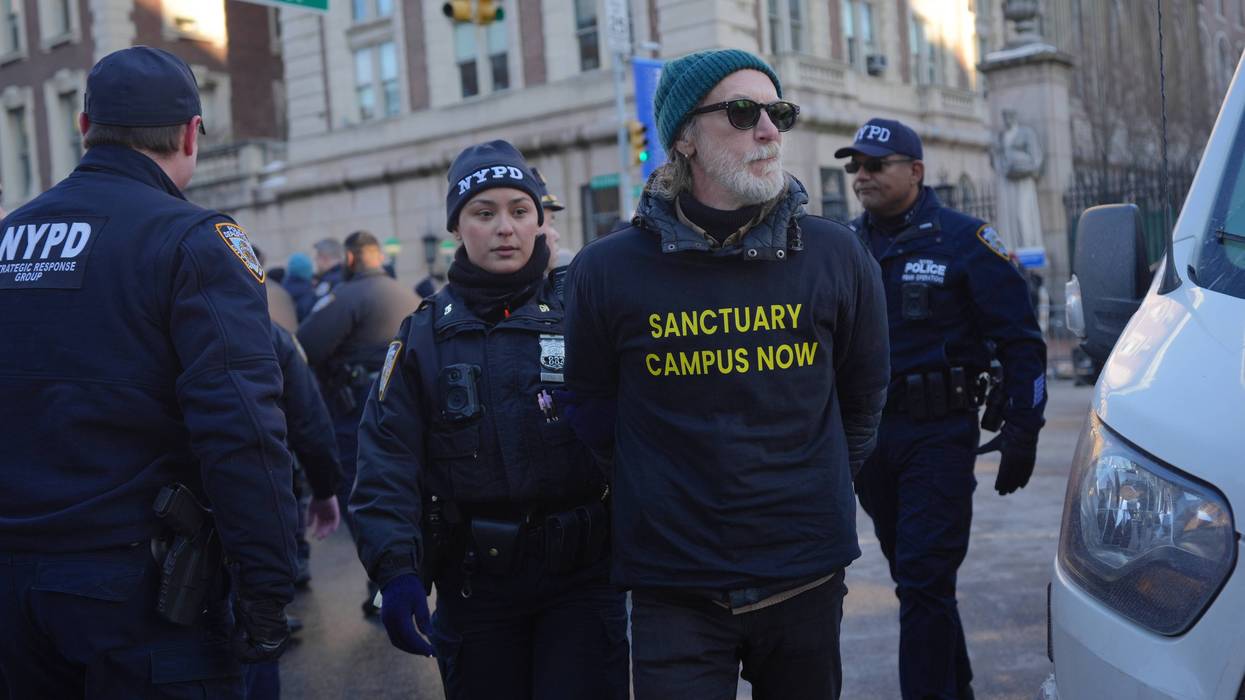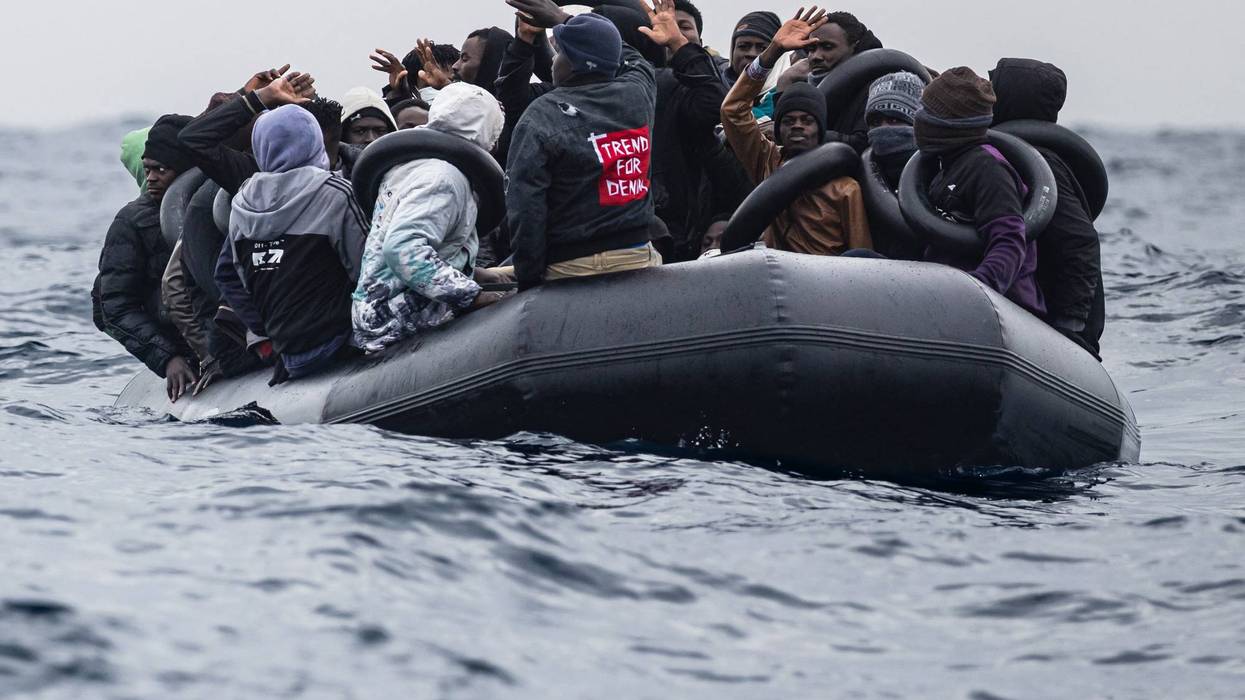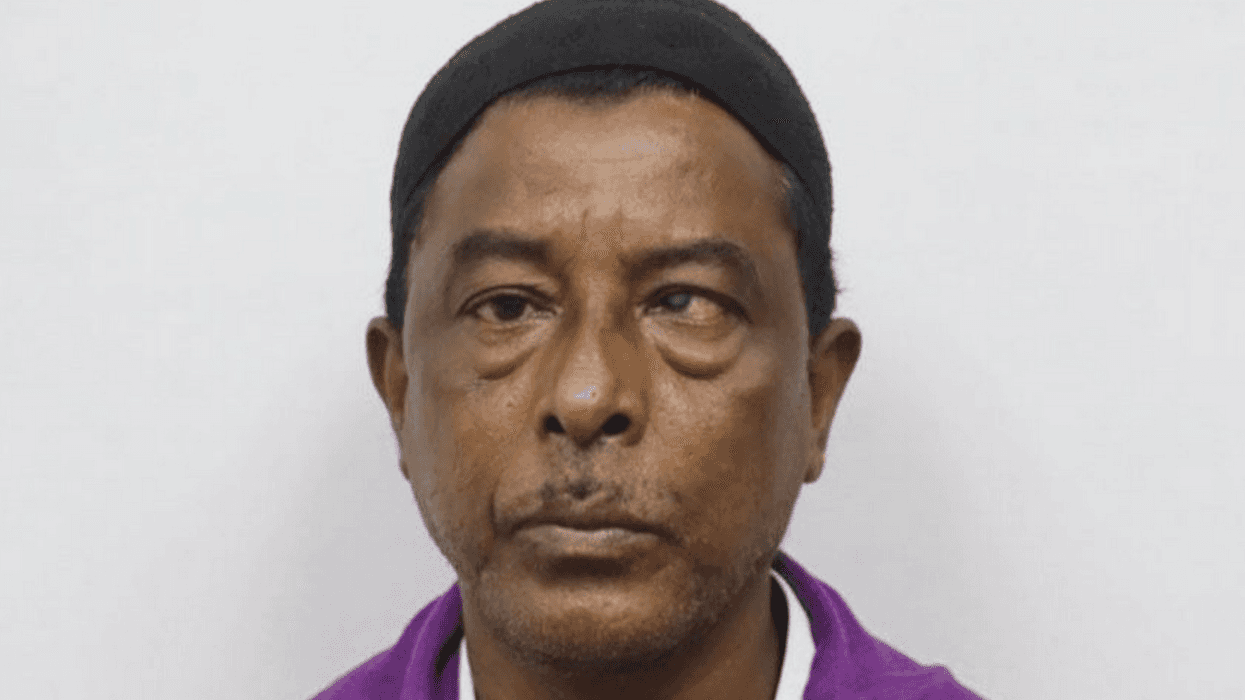DHS Agents Lied to Access Columbia Building and Detained Student Ellie Aghayeva
"These are the tactics of brownshirts," said former New York City Comptroller Brad Lander.
This is a developing story... Please check back for possible updates...
Federal agents with the Department of Homeland Security abducted an international student with a visa from her apartment in a Columbia University-owned building in New York on Thursday, after lying to gain access to her home.
Acting university president Claire Shipman released a statement saying that around 6:30 am Eastern, the federal agents had "made misrepresentations to gain entry to the building to search for a 'missing person.'"
They then detained Ellie Aghayeva, a senior studying neuroscience and political science, according to a statement from her friends that was given to the American Association of University Professors.
Manhattan Borough President Brad Hoylman-Sigal, a Democrat, said in a statement that agents with Immigration and Customs Enforcement (ICE) had "used a phony missing persons bulletin for a 5-year-old girl."
"It is unconfirmed at this time whether they impersonated an officer to do so," Hoylman-Sigal told Prem Thakker of Zeteo News.
State Assemblymember Micah Lasher (D-69) told the New York Times that the ICE agents had presented themselves as police officers. A building superintendent let them in upon learning about the supposed missing child and led them to Aghayeva's apartment.
According to the ACLU: "ICE agents should not be falsely impersonating another government official or claiming they have a different governmental purpose to gain your permission to come into your home. A person’s 'consent' under these circumstances is not valid. ICE’s resulting entry in the home and any arrests they conduct violate the Fourth Amendment of the US Constitution."
After being arrested, Aghayeva managed to post a one-second Instagram video to her 105,000 followers with the message, "DHS illegally arrested me. Please help."
Protests erupted on Columbia's campus as news of Aghayeva's abduction spread.
Protest outside Columbia going on right now after ICE abducted a student on campus early this morning.@JumaaneWilliams and @bradhoylman are here. pic.twitter.com/0fARmHEBvJ
— Timmy Facciola (@TimmyFacciola_) February 26, 2026
Court records showed that a lawyer for Aghayeva had filed an emergency petition requesting her release.
Shipman noted in her statement that all law enforcement officers "must have a judicial warrant or judicial subpoena to access nonpublic areas of the university, including housing, classrooms, and areas requiring [Columbia University ID] swipe access. An administrative warrant is not sufficient."
Last month, a leaked internal ICE memo revealed that acting Director Todd Lyons had given agents broader authority to carry out warrantless arrests. Last May, Lyons issued guidance saying agents needed only an administrative warrant, not a judicial one, to enter a home.
A coalition of advocacy groups sued the Trump administration this week over warrantless immigration arrests in North Carolina.
New York Gov. Kathy Hochul, a Democrat, said Thursdauy that ICE agents clearly "didn't have the proper warrant, so they lied to gain access to a student’s private residence."
US Rep. Adriano Espaillat (D-NY) said the latest "exhibit of the Trump administration’s lawless actions—which are rarely supported by legitimate warrants or subpoenas—is yet another reminder that Columbia University and other institutions must enhance the protections and policies they utilize to create a safe environment for those they serve and employ."
"Students and faculty should not fear for their safety in their dorm rooms, the classroom, or anywhere else on campus," said Espaillat.
Columbia students including Mahmoud Khalil and Mohsen Mahdawi were been detained last year by immigration agents under the Trump administration; Mahdawi had asked Columbia officials to move him to a safe location prior to his arrest, but his lawyer told The Intercept that university had told him it was unable to move him to housing where he would be protected.
As Common Dreams reported earlier this month, federal immigration agents have increasingly used deceptive tactics to carry out arrests and raids in places like Minneapolis, where thousands of agents were surged in recent months
"Yet again, ICE is using blatantly illegal trickery to circumvent judicial warrant requirements and abduct a student," said former New York City Comptroller Brad Lander, now a candidate for the US House in the state's 10th District. "These are the tactics of brownshirts. That’s why I’ve long been calling to abolish ICE. And why Congress should not grant them one more penny."
"This lawlessness has to end. Ellie Aghayeva must be safely released. And Dylan Contreras," said Lander, referring to a Bronx high school student who was detained last year. "And too many other students whose names we don’t even know."


